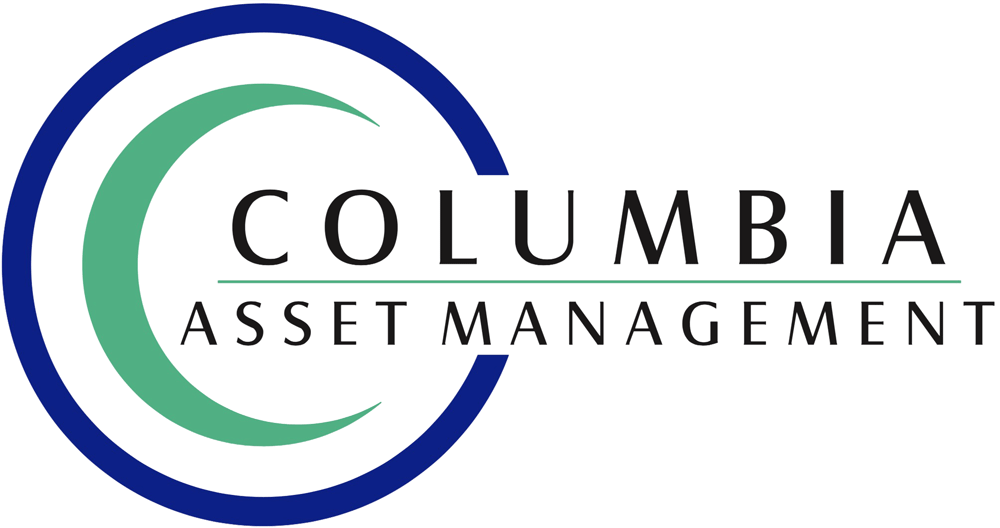
Bitcoin Chitchat
Late last year, around the holidays, as Bitcoin was hitting its peak price, I found myself at social gatherings being asked about the Bitcoin phenomenon. It felt similar to the dot-com craze of the late nineties. My typical response was Bitcoin is a speculative bet, not necessarily an investment, that so far has been successful, but I wouldn’t count on it continuing. To a degree, I felt ‘behind the times’ because everyone who had invested in it (or at least said they did), was seeing their investment soar.
Almost a year later, the story of Bitcoin is much different as it has fallen almost 70% from its high and, not surprisingly, the questions and comments have gone away. It seems a rocketing stock price is better conversation material than a falling one.
This phenomenon is not rare. Recall the 3D printing craze? It’s now a few years later and certainly the technology regarding 3D printers has gotten even better, yet the investment craze has long moved on. Back then, I had a number of clients and friends ask about investing in 3D printing companies and my response was that it seemed too early to pick a winner, similar to the early days of the PC when Wang and Tandy ruled the shelves….replaced later by Compaq and Gateway. Where are those companies today and how did those investments turn out?!
I did have a client ask me to buy the stock 3D Systems in the spring of 2015. Though it’s up over 100% this year, it’s still down 30% since it was purchased…during a bull market. (note: Bitcoin excitement seems to have moved on to marijuana stocks as those now plow upward, which perhaps is fair warning….).
The ‘next hot thing’ is a regular topic in the investment world and people make wild predictions about the money that can be made. As with prognosticators in elections and sports, it would be very helpful if we could review the experts’ picks AFTER the event occurred and things had settled down, not just hear what they say ahead of time without circling back.
Subtle Differences yet Binary Results
There are many examples of significant moments with a specific result that doesn’t really tell the true story. For example, in sports and elections, even when the results are razor thin, the story gets skewed to the winner. The storylines after the results tell a certain story which almost makes the results seem inevitable. However, we all know that there are many ‘ifs’ and ‘almosts’ that could’ve swung the other way and created a much different story line. Think of all the close elections in our history, not only including the most recent one, but also Bush/Gore, Kennedy/Nixon and even Wilson/Hughes. It wouldn’t have taken much for history to have played out differently, to feature President Gore or President Hughes….and who knows who in 1968 if Nixon had won in 1960!
Stock markets have similar characteristics. When the market trends upward, the storylines focus on why the market is doing well. When the market suddenly experiences a big fall, as it did in late January (falling over 10% in just a few trading days), the storylines suddenly switch to ‘the market was overextended’ and ‘everyone knew this was coming’. Not really, but history focuses on the results.
You Have To Stay In The Market
The past ten years (2008-17) produced a stock market return of well over 100%, even with the 50%+ fall in 2008-9. However, if you took out the best 10 days’ stock market performance from the equation, the return for 10 years would be only 25%. This shows the importance of staying invested and not trying to time the market. The tortoise indeed wins the race, mostly by staying in the race.
Re-Established In 2018? No Sir.
Wells Fargo is regularly running ads proudly claiming they’ve been around for over 150 years and now (in the wake of their multitude of scandals, which they don’t directly refer to, but certainly infer) are re-establishing themselves as the premier, resourceful and reliable bank they believe they were back then and want you to believe they are now. Problem solved – please agree that we’re wonderful again!
There’s only one tiny problem–it doesn’t appear Wells has done much of the work necessary to proudly proclaim that they are ‘back’. As the Wells ads continue to pat themselves on the back, charges and problems continue to regularly appear in the financial news as they are found again and again taking advantage of their customers. Perhaps Wells should quietly fix their problems, apologize, and ask for forgiveness rather than congratulate themselves when the work is hardly done.
Accounting is not Just for Nerds
There’s been a lot of talk and articles about the United States’ place in the world. Politically and economically, the U.S. has been leading the world since the end of World War II. And now some pundits are saying that’s changing; if so, what are the ramifications?
The U.S. continues to be a safe haven for the investment world. For many decades, the U.S. has been considered the most stable economy due both to our political strength and our economic stability. One large reason for this economic stability is that our markets are considered fair and reasonably independent of the government.
Investors can have confidence in the financial information they receive. They can rely on the reported earnings a company issues as generally accurate. This is important: when financial information is unreliable, confidence crumbles and stocks fall. We’ve seen it with companies such as Enron, sectors such as financial stocks during the 2008 Great Recession and even countries such as Russia and China.
A large reason for our dependable financials is that independent accounting firms annually audit companies’ financial statements, giving confidence to investors that they can rely upon the numbers.
When I first started out in the accounting and investment world (not THAT long ago), there were 8 large accounting firms. Now there are just 4, leaving half the number of firms to examine and validate the financial reports of Fortune 500 companies (who almost exclusively use the ‘Big Four’ accounting firms).
Best practices for organizations are to change auditors from time to time to make sure the relationship stays independent and not too ‘friendly’ where things might be more likely to be dismissed or overlooked. If companies can only pick from 4 large firms, independence can become compromised. GM had used Deloitte for 100 years until switching last year (only the 2nd oldest relationship after American Electric Power’s 106 year old relationship with PWC!).
Thus, nerdy as it may be (in a positive way), good accounting is a very important and underrated aspect of strong economies and societies. Perhaps CPAs should finally be given the parade they so richly deserve!
Brian H. Weisman, CFA®, CPA, CFP®, CMA
(734) 665-1454
brian@columbiaasset.com

 Brian’s Background
Brian’s Background